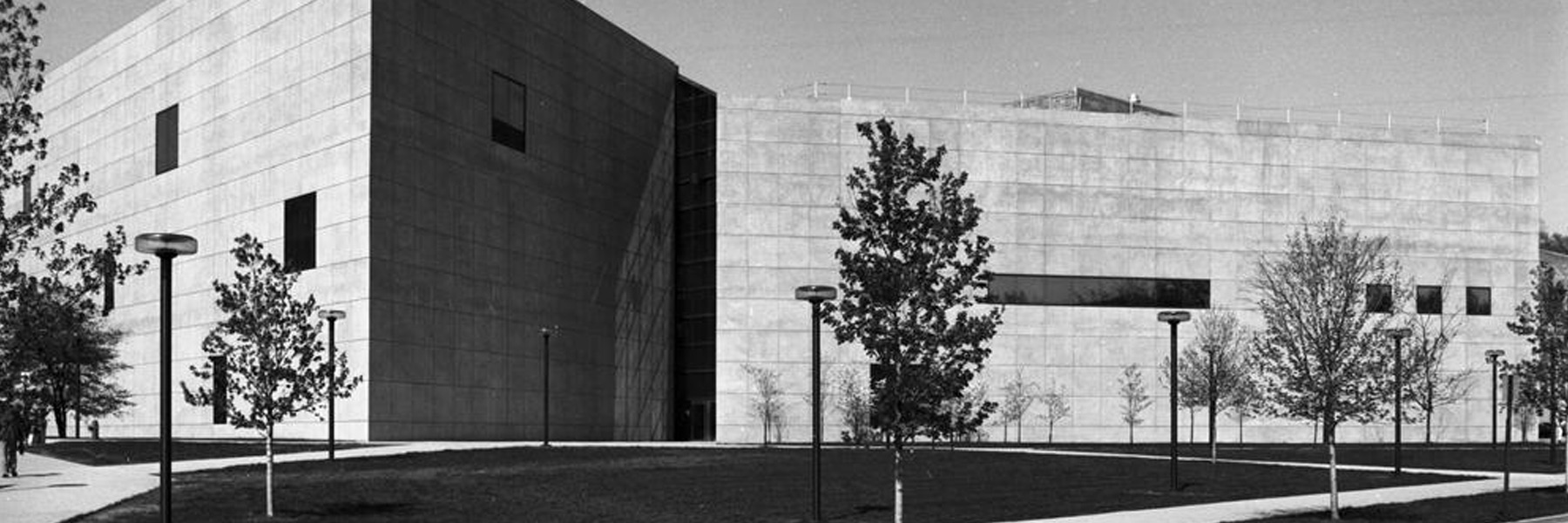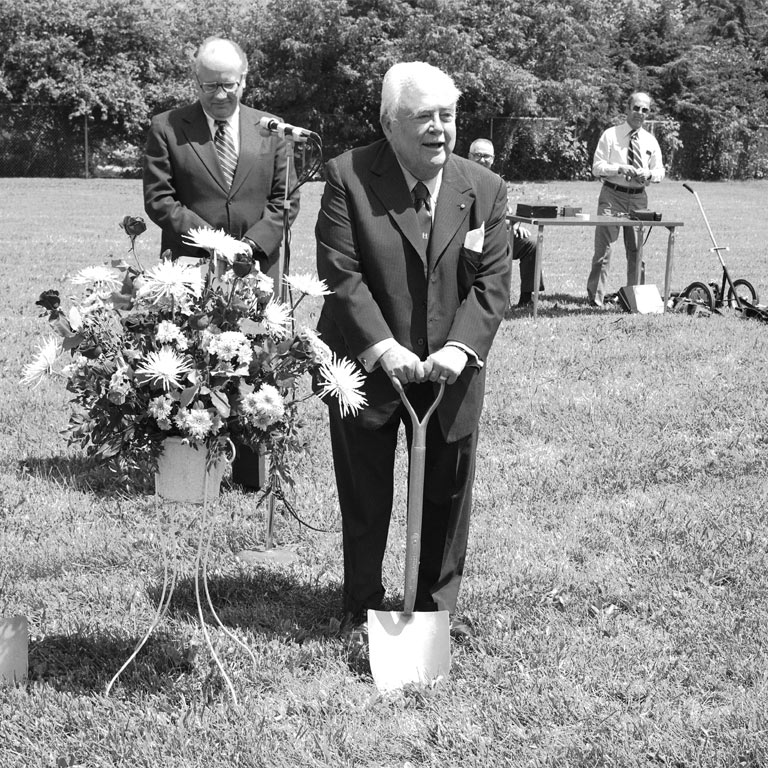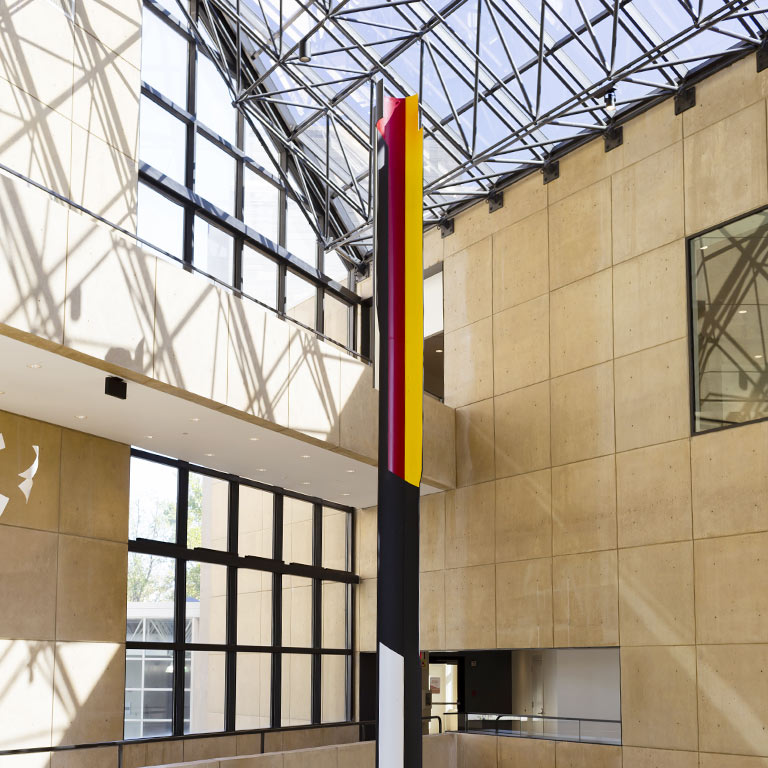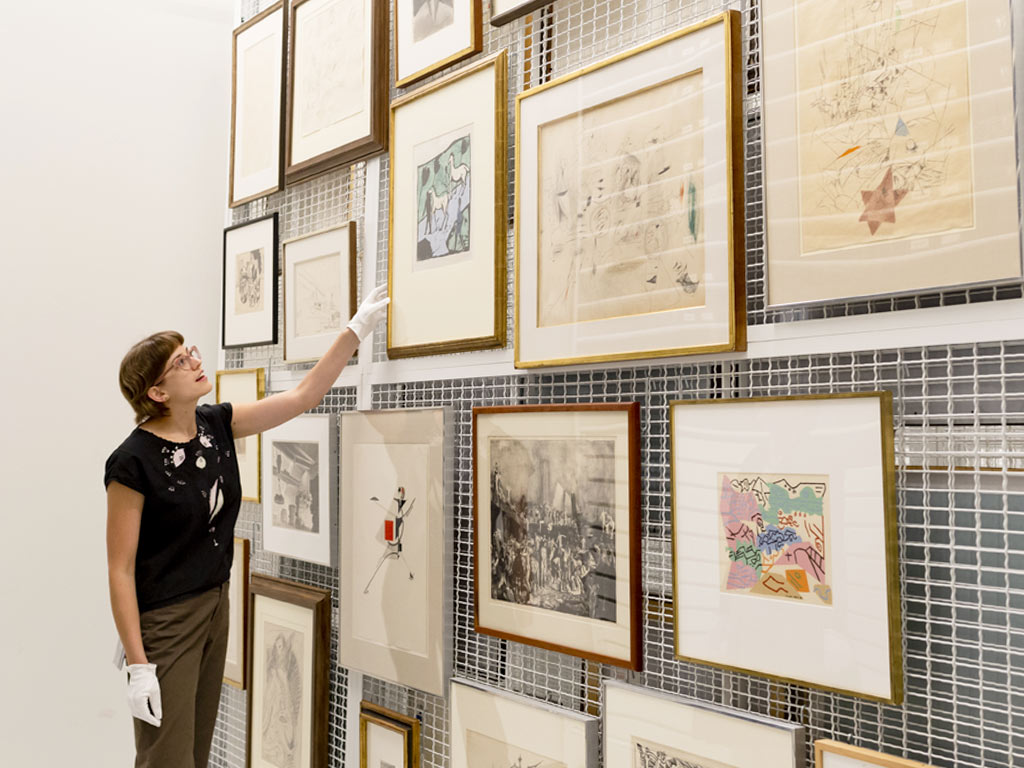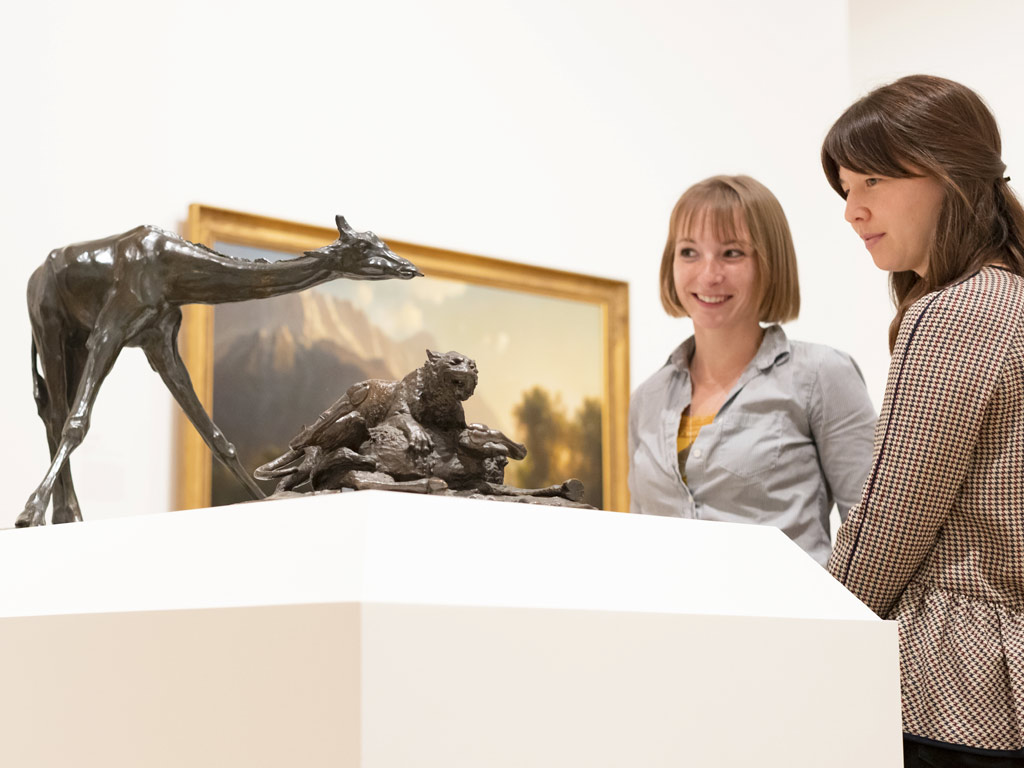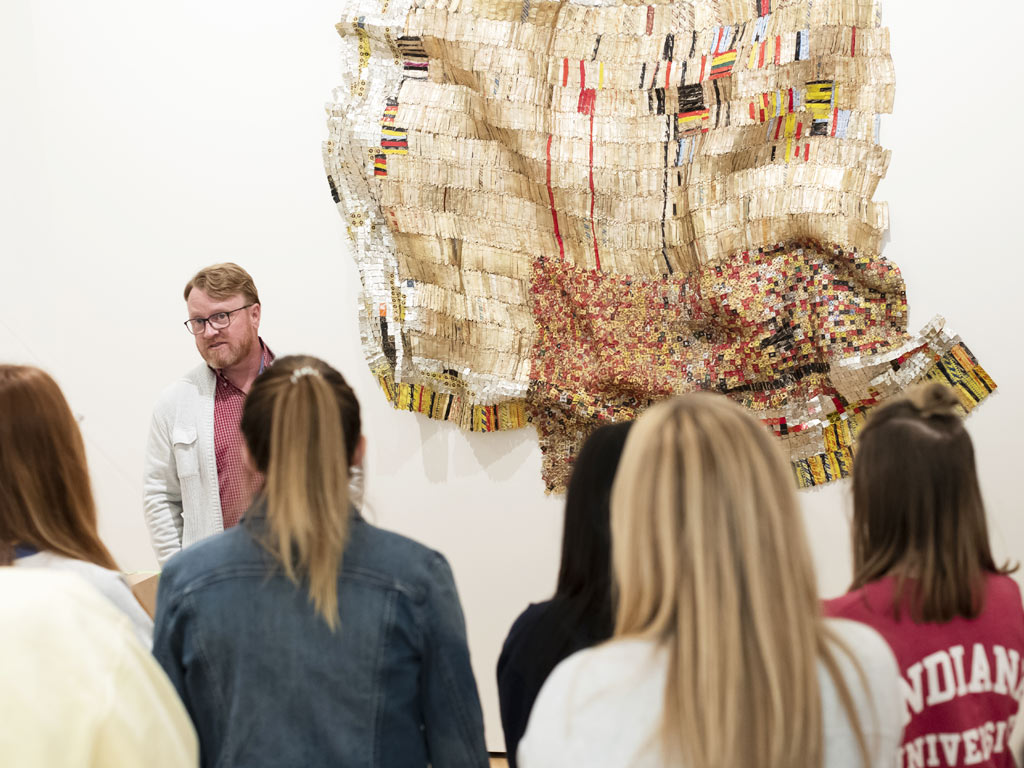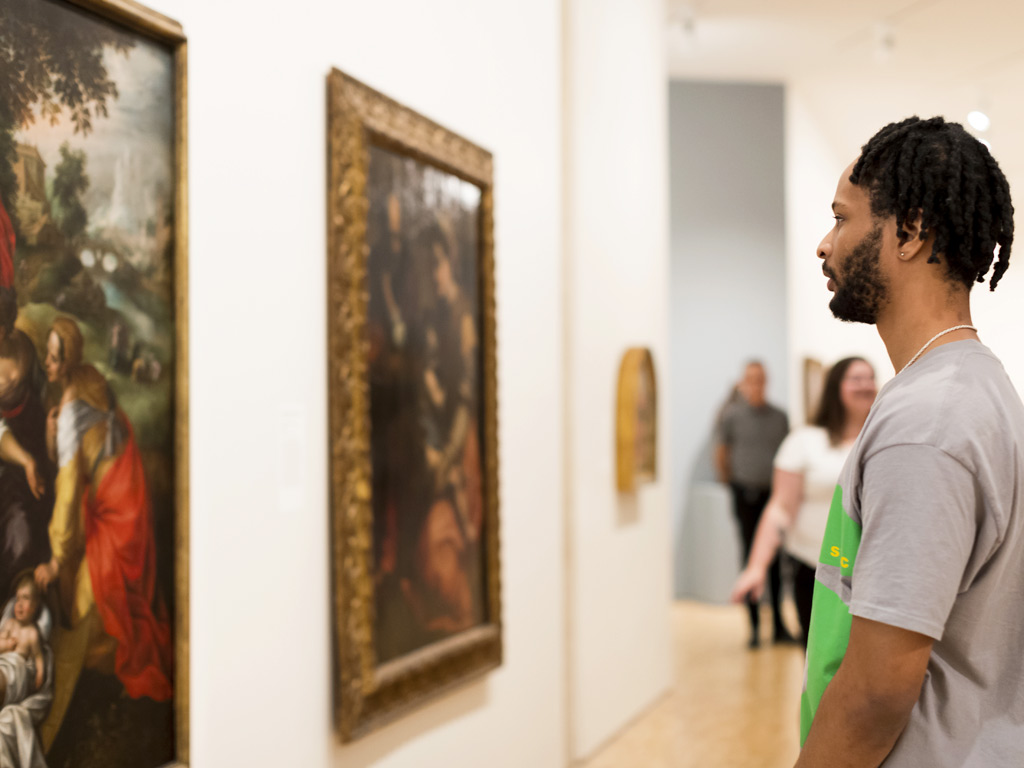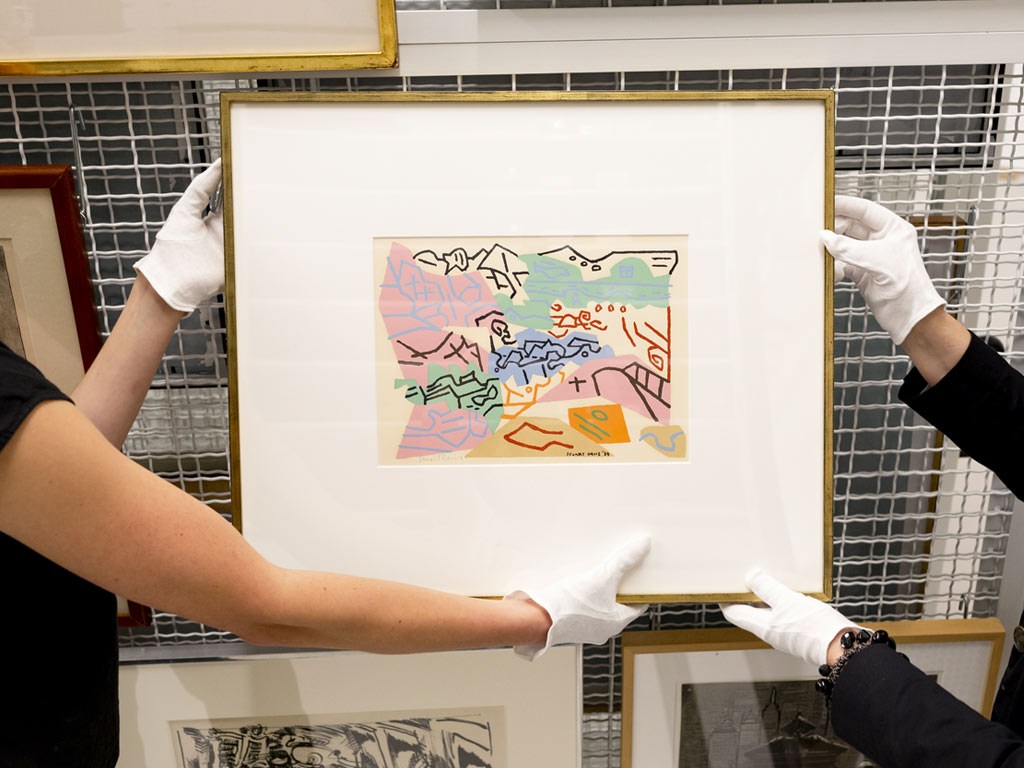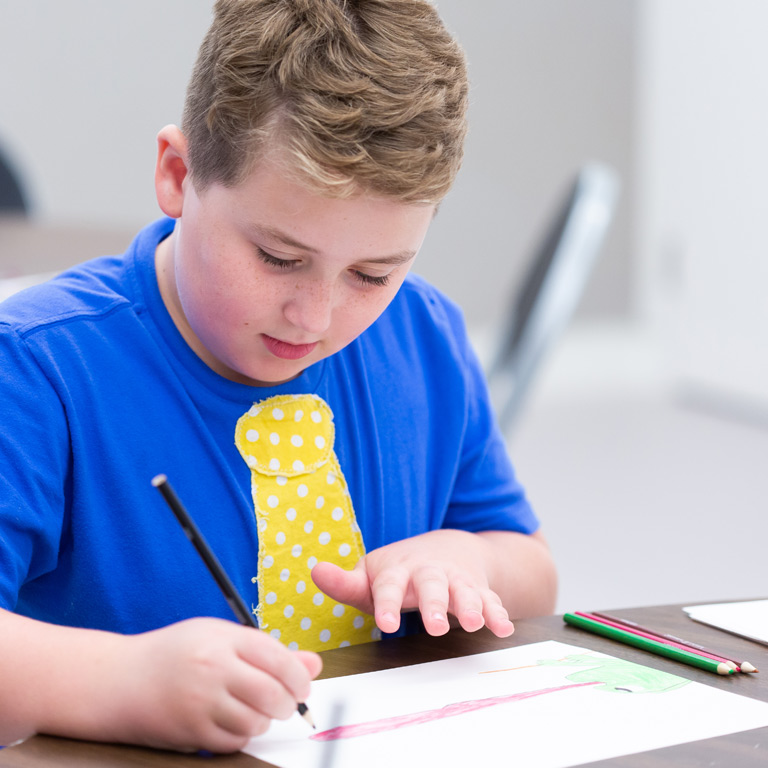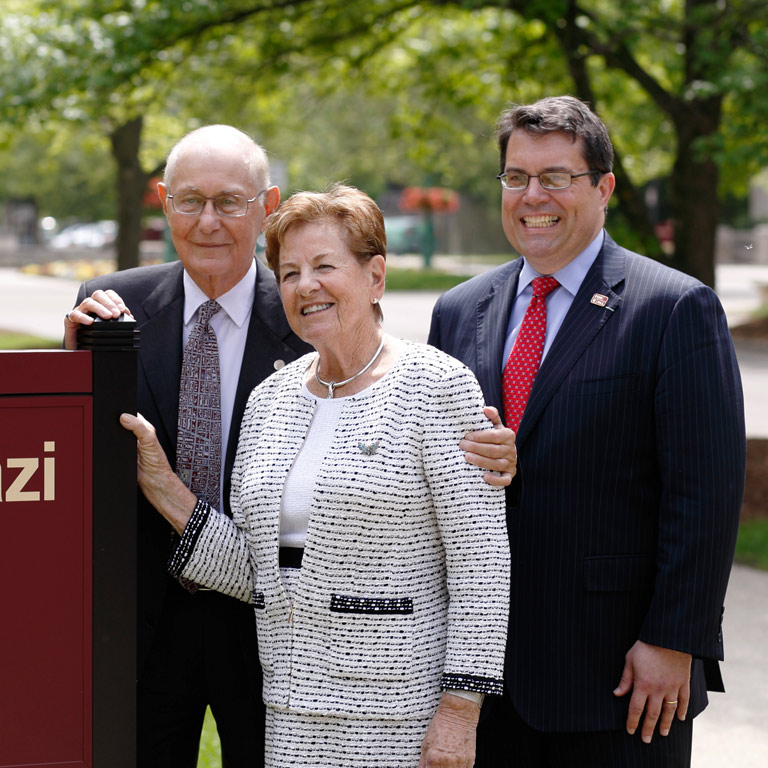Our visionary leadership
The Eskenazi Museum of Art has an ongoing legacy of extraordinary directors who have each pioneered new chapters in our history.
Henry Radford Hope
Henry Radford Hope, head of IU’s art department and our first director, was a specialist in the history of modern art. He earned his doctoral degree from Harvard University, where he studied with Paul Sachs, the architect of a training program that produced several of the 20th century's most influential art museum directors. He and his wife, Sarahanne (Sally), donated some of our most notable works, including Pablo Picasso’s The Studio, and Francesco Solimena's Allegory of the Four Parts of the World. Hope also recruited the important man who would become his successor when he retired in 1971, Thomas T. Solley.
Thomas T. Solley
During his 15 years as director, Solley—a Yale University-educated art collector and member of the Indianapolis Lilly family—significantly increased our holdings through personal acquisitions and his relationships with collectors. He also shepherded the museum from its first home in IU’s Fine Arts building to the I.M. Pei-designed structure.
Adelheid “Heidi” Gealt
In 1987, the museum’s next director, Adelheid “Heidi” Gealt, began to develop our educational and curatorial departments. She also laid a strong economic foundation for the institution. Under her leadership, the education program and sustaining endowments to secure our future both grew exponentially.
David A. Brenneman
David A. Brenneman, Wilma E. Kelley Director of the Sidney and Lois Eskenazi Museum of Art from 2015 to 2024, oversaw the renaming of the art museum in honor of IU alumni Sidney and Lois Eskenazi in 2016 and led the transformational $30 million renovation of the museum’s signature I.M. Pei building. By adding a new Center for Education and Center for Prints, Drawings and Photographs, among numerous other improvements, the renovation enables more IU students and scholars to access IU’s substantial collection of more than 47,000 works of art.
Brenneman forged a number of important institutional partnerships at the museum, including those with Tsinghua University Art Museum in Beijing, China, and the Speed Art Museum in Louisville, Kentucky. During his nine-year tenure, he oversaw the acquisition of a broad range of art, from ancient to contemporary, with a special emphasis on adding works by women and artists of color, such as Elizabeth Catlett, Kara Walker, Julie Mehretu, McArthur Binion and Samuel Levi Jones. He oversaw the presentation of numerous special exhibitions, including those focusing on the work of Vik Muniz and Stuart Davis, as well as highlights from the costume collection of actor Glenn Close.
Brenneman helped the museum establish full-time positions in K-12 outreach and the first art therapist in an American university art museum. He was instrumental in establishing a contemporary art collection at the museum.
Mindy N. Besaw
Mindy N. Besaw joined the Eskenazi Museum of Art as Wilma E. Kelley Director in 2025, bringing more than two decades of museum experience to the role. As director, Besaw guides the museum to its next chapter, including aligning the museum with the IU 2030 plan, increasing engagement with academic units across the university, and promoting research and access to the museum’s world-class collections.


